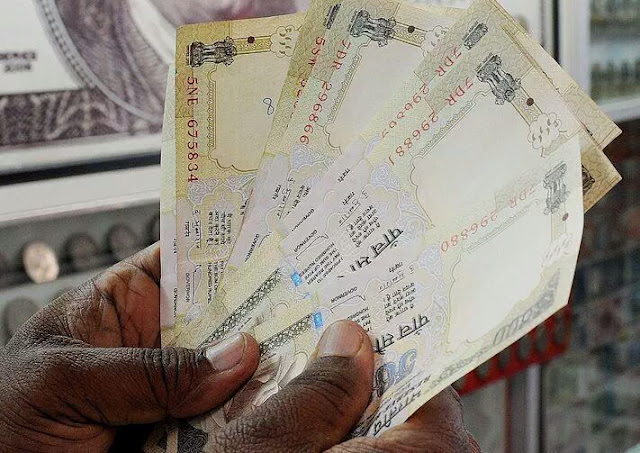NEW DELHI: Entry-level salaries in India are amongst the lowest in the Asia Pacific region, a study by professional services firm Towers Watson says.
The average monthly starting pay in India is around US $400 (Rs 24,000), less than one-fifth of the equivalent paid in South Korea and Singapore, said the study by Towers Watson's Data Services.
Graduate Indian employees sit towards the bottom of the Asia Pacific countries in terms of starting salary, it said, adding that it augurs well for the 'Make in India' campaign as this would give the MNCs a competitive advantage over other Asia-Pac countries.
"Although dependent on prevailing exchange rates, the findings clearly highlight India's position as a competitive and attractive workforce and talent market," said Sambhav Rakyan, Data Services Practice Leader, Asia Pacific at Towers Watson.
Out of the top 11 Asia Pacific economies, the average monthly Indian starting salary was ranked ninth.
"The disparity in salaries also illustrates how a large knowledge pool and a significant cost arbitrage makes India a front runner in providing outsourced services. After achieving great success in IT/BPO, India can now become a natural choice for other sectors, like manufacturing," he added.
Further up the ladder, wages for experienced professionals at middle management levels in India are slightly more competitive, but still below their Asia Pacific peers.
Notwithstanding the recent push in its manufacturing sector and popularity of the IT sector, an engineering manager in India earns an average salary of USD 56,530 - almost half of his Chinese counterpart (US $112,070) and one-third of his Singaporean counterpart (US $151,168), the report said.
"Despite a common labour market in the region, it is striking to see how divergent guaranteed cash levels remain amongst top economies," Rakyan added.


